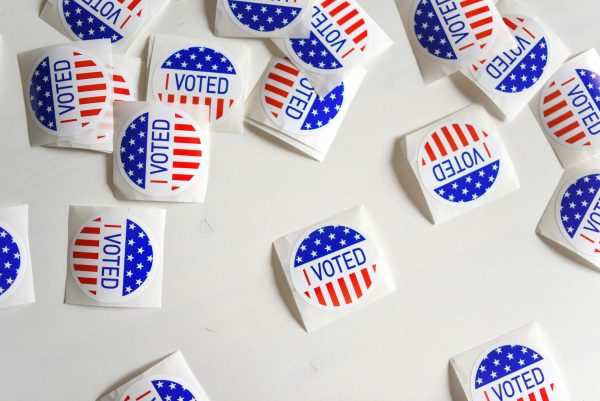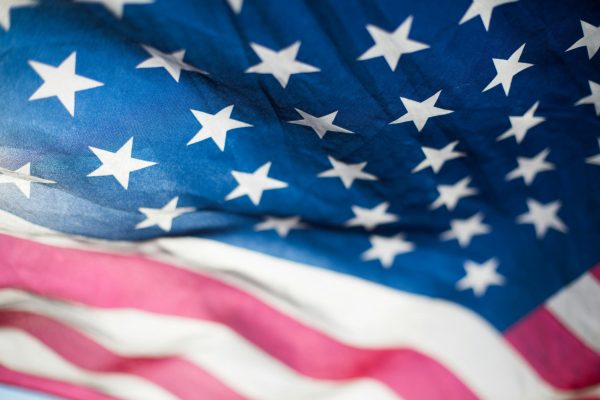My Great Uncle Participated in a Military Experiment
TRIGGER WARNING: A retelling of my great uncle’s service in the military as a test for the detonation of an atomic bomb
“Can I have your attention?” shouted the general through a loud microphone as he towered over a hundred soldiers under the blazing Nevada sun.
My great uncle, Earl Meech, joined the military in 1952 and was given basic engineering training. He was lucky enough to have a relatively safe job instead of direct combat.
Yet, in 1953, he volunteered to take part in “Operation Desert Rock.”
“We were there as observers and guinea pigs,” said Mr. Meech.
Desert Rock was the code name for an atomic bomb testing in Yucca, Nevada. They were shoved into trenches two-and-a-half feet wide and six feet deep. They were two miles from ground zero, where the detonation of the bomb occurred.
“I didn’t know what we signed up for. We had briefing info sessions, but we were young and figured they would take care of us,” said Mr. Meech.
As he was densely packed with his fellow soldiers in the trenches, he heard the general shout commands.
“Do not leave your holes until you are commanded to do so. If you look too soon, the intense light will temporarily blind you and will give you the equivalent of a severe sunburn.”
The anticipation was dreadful, as the countdown to the detonation began. When the bomb went off, it rose eight miles tall and illuminated the area, blinding anyone who didn’t have their eyes tightly sealed.
“During our test the fireball went straight up where white ice formed on the top of the black cloud,” said Mr. Meech. “It was very obvious how insignificant we really were, for we were tiny compared to the colossal size of the cloud.”
Within seconds, a rapid gust of white wind came barreling towards him, full of debris.
He was told to quickly duck down in order to avoid getting injured.
The US military wanted to test how troops would handle themselves during an atomic blast and the effects it had on people.
“I know of nobody that suffered from this. There was a test every couple of weeks so thousands of troops were exposed,” said Mr. Meech.
The explosion was the same size as the Hiroshima atomic bomb. Animals were placed closer to the detonation to see the immediate impact of the bomb at a closer proximity.
“Now, as we approached the site, nothing was there. Just a shadow from where they once were; they were entirely
disintegrated,” said Mr. Meech.
There was a considerable amount of radiation which excreted from the bomb. Another part of Operation Desert Rock was to test the experiment with the effects of radiation on people.
“I often wonder if it had a way of stimulating my immune system because I have been very healthy,” said Mr. Meech as he often suggests his good health is due to this radiation exposure.
Mr. Meech was lucky enough to have lived after the test of the atomic bomb, but the kind of training veterans have to endure during military training is dangerous and they are often not as lucky as Mr. Meech.
I celebrate veterans day to honor my family and many other families who have relatives actively serving in the military.
My great uncle, grandfather, and other relatives of mine all served in the military.
My grandfather served in the US Navy on a destroyer, a type of battleship during World War II.
I value their service, sacrifice, and honor that they brought to our country. This veterans day, put yourself into the places of those who fight for our country.
Understand how lucky you are to not have to face the horrors of war, yet live in a country full of freedom because of the horror peoples’ relatives have faced on the battle field.
Your donation will support the student journalists of East Lyme High School. Your contribution will allow us to purchase equipment and cover our annual website hosting costs.


